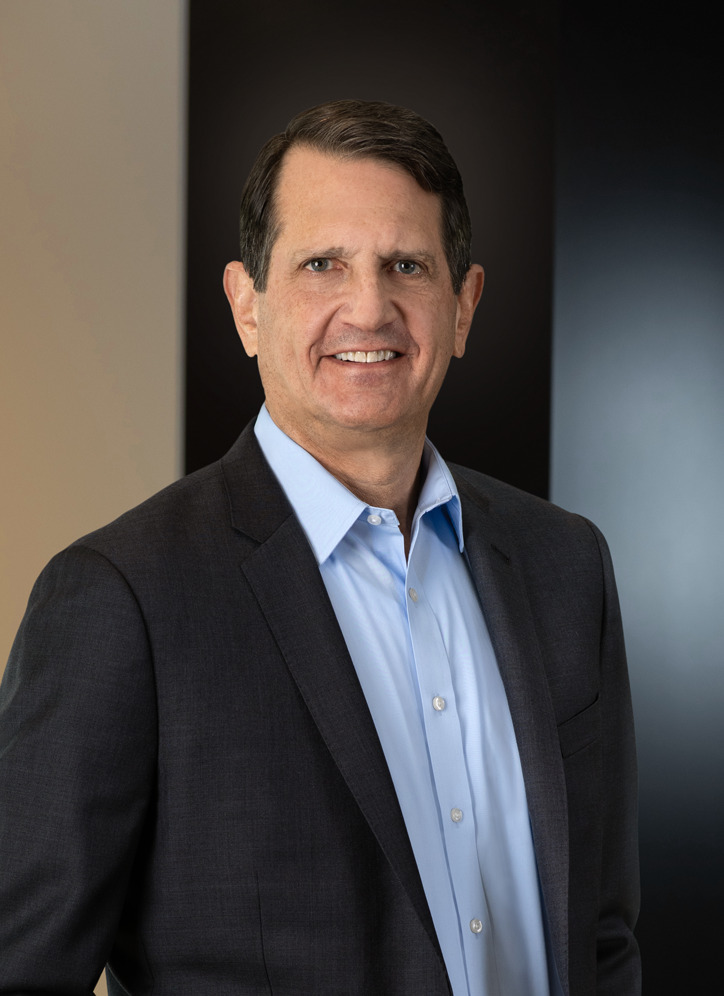
Lawrence Golub
- | New York
Lawrence Golub is the Chief Executive Officer of Golub Capital, a market-leading, award-winning direct lender and experienced private credit manager. As of April 1, 2025, Golub Capital had over $75 billion of capital under management, a gross measure of invested capital including leverage. Golub Capital partners with institutional investors and family offices offering tailored solutions for investors’ credit asset strategies.
Mr. Golub is active in charitable and civic organizations. He is President of the Harvard University JD-MBA Alumni Association. He is also a member of the Harvard Medical School Board of Fellows, the Columbia Medical School Board of Advisors, the Advisory Council of Harvard Kennedy School’s Mossavar-Rahmani Center for Business & Government, the U.S.-U.A.E. Business Council Board of Directors and the Council on Foreign Relations. Mr. Golub currently serves on the Board of Overseers of the Hoover Institution, the Stanford Interdisciplinary Life Sciences Council and as Co-founder and Chair of the Golub Capital Social Impact Labs and the Golub Capital Nonprofit Board Fellows Program.
In 2024, Mr. Golub was recognized with a Lifetime Achievement Award by The M&A Advisor and inducted into their Hall of Fame. Mr. Golub was a private member of the Financial Control Board of the State of New York for over twelve years. He was a White House Fellow and served for fifteen years as Treasurer of the White House Fellows Foundation. He was Chairman of Mosholu Preservation Corporation, a nonprofit developer and manager of low-income housing in the Bronx. He served for fifteen years as a trustee of Montefiore Einstein, the academic medical center and University Hospital for Albert Einstein College of Medicine.
Previously, Mr. Golub was a Managing Director of Bankers Trust Company. Prior to that, he was a Managing Director of Wasserstein Perella, where he established the firm’s capital markets group and debt restructuring practice. Mr. Golub started his career at Allen & Company Incorporated where he engaged in private equity, leveraged finance and mergers and acquisitions.
Mr. Golub earned his AB degree magna cum laude in economics from Harvard College. He received an MBA from Harvard Business School, where he was selected as a Baker Scholar, and a JD from Harvard Law School, where he served as an editor of the Harvard Law Review.